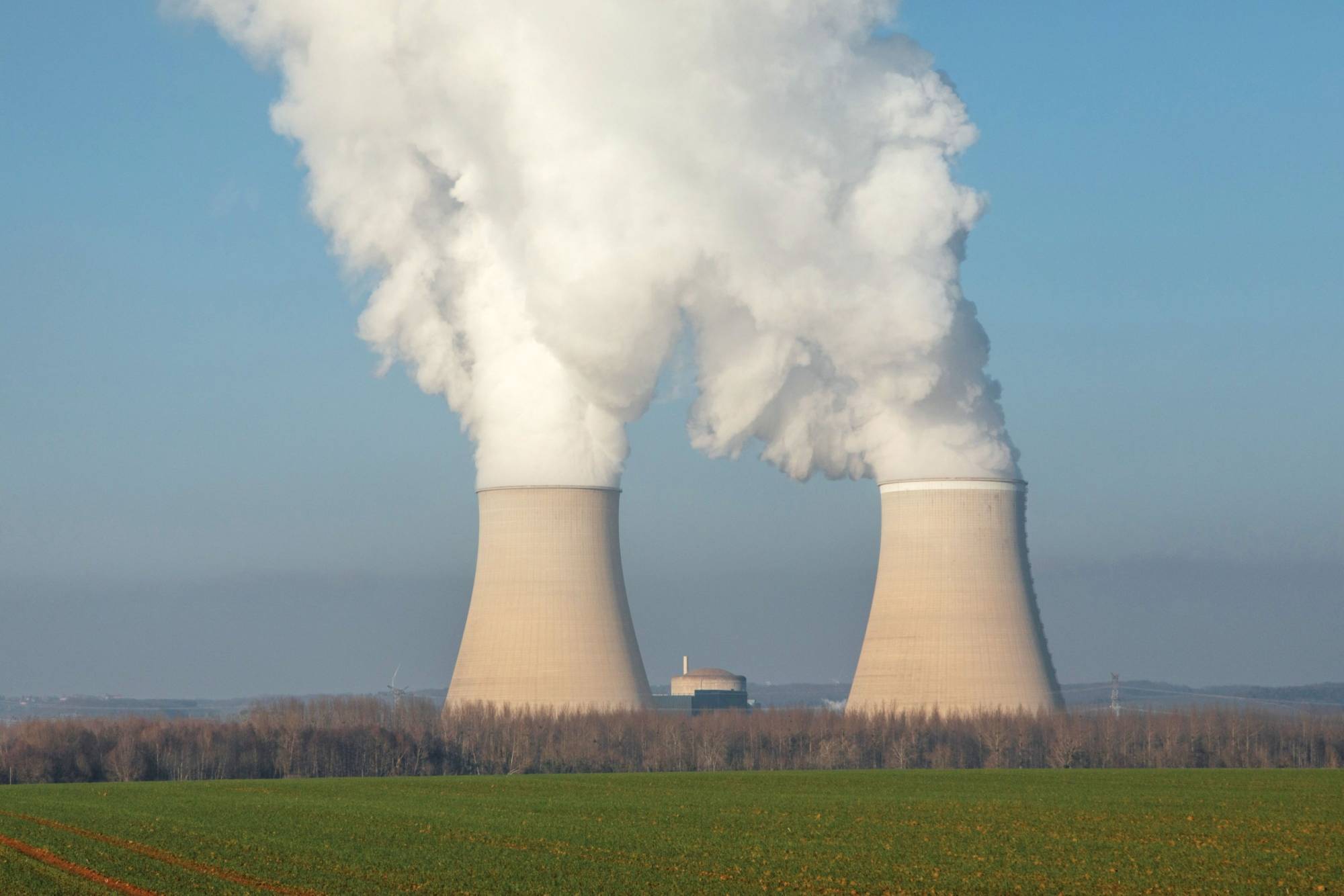Ever since the 1970s, European Green parties have argued passionately for cutting carbon emissions from the continent’s energy, while at the same time reflexively shunning the world’s only reliable source of zero-carbon electricity: nuclear power.
Russia’s Ukrainian invasion is punching big holes in the logic of this position. That is especially true in Germany and Belgium, countries where the Greens sit in coalition governments committed to the phaseout of all nuclear power. Germany closed three of its last six reactors last year and the rest will follow by the end of 2022. Belgium has promised to close all of its seven units, which generate half its electricity, by 2025.
In Germany, the need to replace its heavy dependence on Russian oil and gas at the same time as nuclear is roiling the governing coalition and leading to the bizarre situation where a Green-dominated economic and energy ministry would rather burn dirty coal than operate zero-carbon atomic reactors. Vice Chancellor Robert Habeck, the minister of economic affairs and climate action and a former co-chairman of Germany’s Greens, has announced the creation of a coal stockpile, and stations are being kept open to burn it should they be needed, which they certainly will if Russian gas pipelines close along with the three last reactors this year. (On March 15, some 36% of Germany’s electricity came from coal, according to data from Entso-E.)


















With your current subscription plan you can comment on stories. However, before writing your first comment, please create a display name in the Profile section of your subscriber account page.